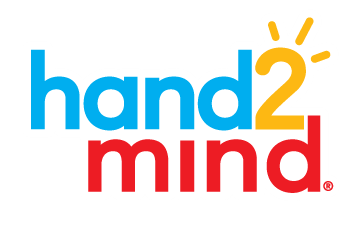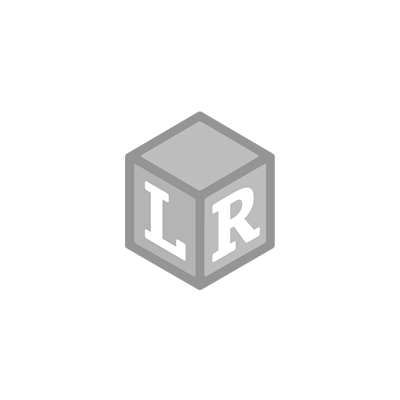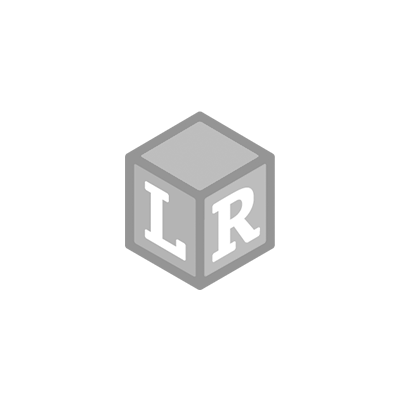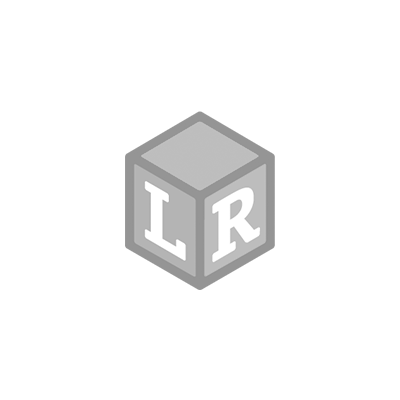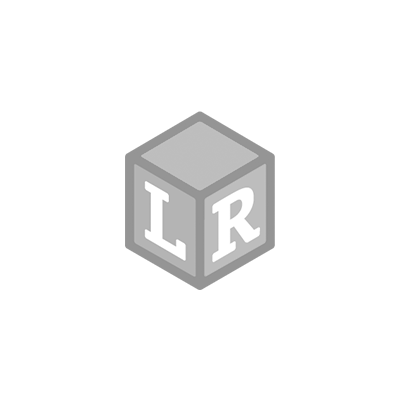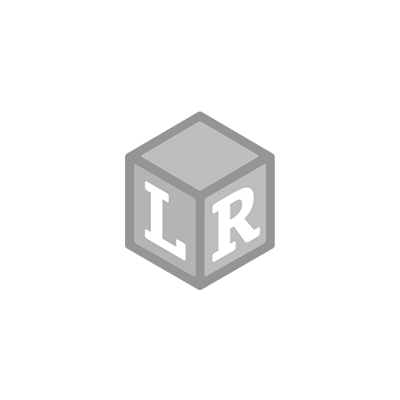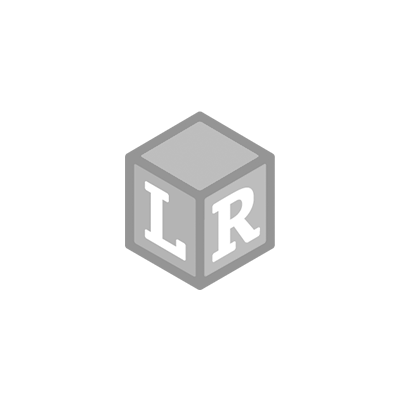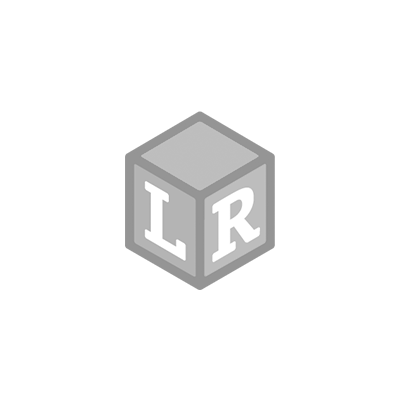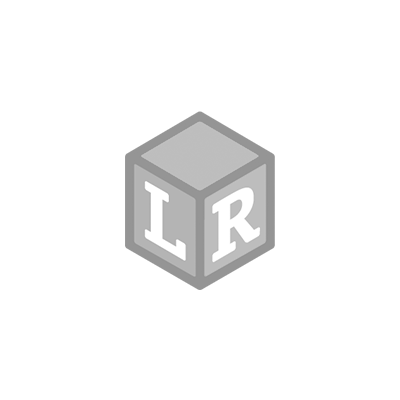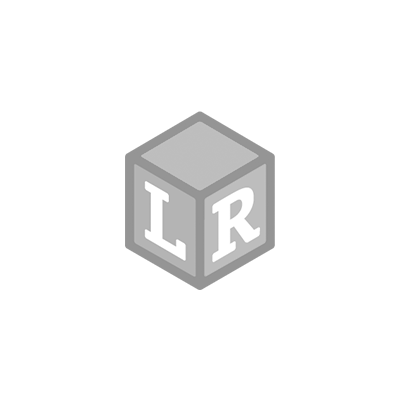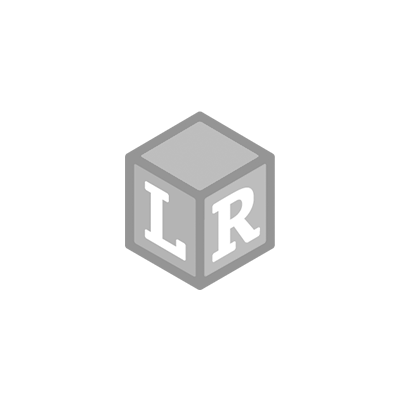
Early Years Maths Milestones by Age
- Learning Resources Posted On Sep 7, 2020 | Early Years
Exploring maths is fun for children and parents, but you may be wondering what maths milestones match up with other established ages and stage milestones. Foundation Years, an online resource set up by the National Children’s Bureau has a helpful guide with early years maths milestones and more which you can download.
To give you an overview, we’ve summed up some key milestones by age that you can look forward to exploring with your child. However, because each child is unique and develops at their own pace, we recommend you download the full guide as it offers more information along with easy, practical ideas to help your child learn through play and exploration.
Read more maths related content:
Early years maths milestones by age to explore
Birth – 26 months
From a young age, babies begin to develop an early sense of numeracy, and notice when there is one item or several items in a basket or bowl. They’re also developing a sense of space, shape, and measure as they start to explore the world around them. As they grow, children begin to enjoy joining in, saying numbers in rhymes and songs, and start to understand concepts such as big vs small. By the time your child is about 26 months old, they can sort toys and objects so that all the same ones are together.
Try this: Hold your little one’s hands and help them to clap along as you sing a counting song.
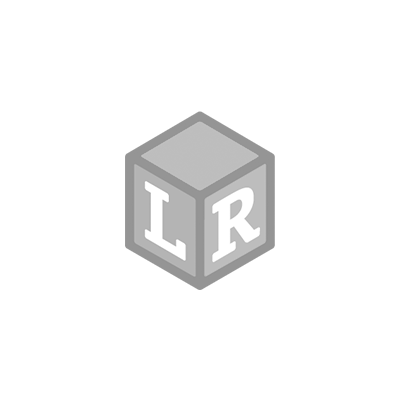

2-3 years
Your child makes a big leap forward in learning and you may notice they can already say some number names in order, use words such as big or little to describe objects, distinguish between more and less, and can sort and match objects. Your little one will be able to spot patterns and shapes in pictures and clothes, and can tell you the order of activities that happen each day (such as I get out of bed, I eat breakfast, I get dressed).
Try this: Percussion instruments are ideal for maths games so play games with sound makers – make two noises with a shaker, then three. Try number songs – if you need to refresh your memory, you’ll find lots of lyrics at Teaching Your Child.
3-4 years
Your curious pre-schooler is beginning to grasp number relationships and can use some number names and words such as ‘more than’ and ‘fewer than’ when playing. Your child is interested in numbers, can say them in order from 1-10 and will talk about them and ask you questions.
Try this: Real life resources help your child learn through play. Take a look at our hands-on numeracy resources that will help boost early years maths skills to find age-appropriate, play-based resources to boost your child’s maths skills.
4-5 years
Your young mathematician is becoming more aware of the numbers around them. At this stage your child can recognise the numbers that are important to them such as their age and house number, and they can also recognise numbers 1 to 5. Soon, they will be able to do basic addition such as what is ‘one more’ when you say a number, and use counting to solve basic problems important to them such as splitting a sandwich in half. At around age five, you may notice your child can tell you which object is heavy and which is light when you hand them two items, and you’ll have great fun talking about real-world maths concepts such as size, weight, capacity, position, time, and money.
Try this: Take maths learning outdoors with some pavement chalk and these great ideas from maths teacher Nazreen Ichhaporia.
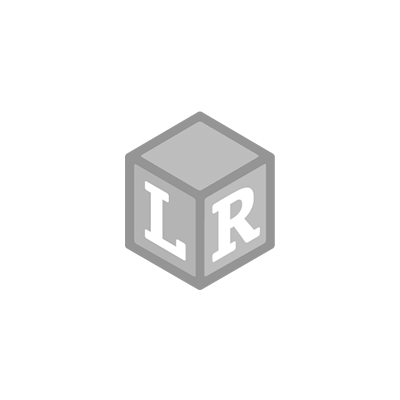

Foundation Years offers more helpful advice to continue your child’s maths learning journey. You’ll find those ideas here. Looking for more ways to support your child with learning maths at home? Keep visiting the Learning Resources blog and remember to download our free maths activity sheets suitable for children as young as 3.
